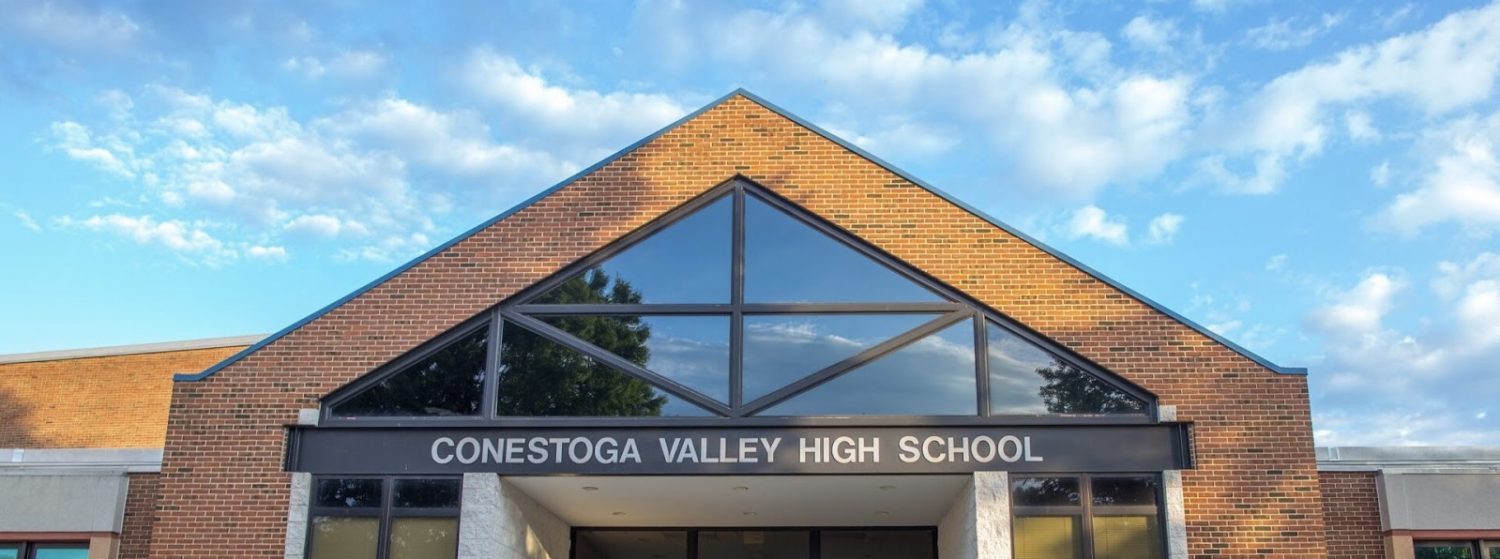By Camila Marques ‘24
From wildfires to melting glaciers climate change has affected the world in many ways. By now everyone is tired of hearing about having to save the turtles and not to use plastic straws, but climate change is going far past that. National Geographic states that scientists are already saying that if irreversible damage has not already been done, humans have approximately seven years to reverse about a century of damage.
It started with electricity being invented, followed by the automobile, and then the industrial revolution. All these technological milestones contributed to the significant advancement of society. However, they have been taken to extremes such as mass production that burns fossil fuels by tons per minute, overconsumption of energy, and over- farming livestock, which have all become serious concerns. The Earth only has so many resources and humans are stretching them too thin and soon they will run out.
In New York there is a 62 foot clock facing Union Square that counts down from approximately seven years which is the time we have to start making drastic improvements in the way we live. After that there is little hope of reversing damage. The clock is a constant reminder of the mistakes that are being made and result in harming the environment.
The effects from so much damage are already showing. The Great Barrier Reef in Australia is being destroyed from tides constantly changing, water warming, pollution, and the decaying of coral that is vital for the thousands of unique species living there. Wildfires around the world are raging for several days without end. Water pollution is spreading because of microbeads of plastic and fertilizer. Animal species are going extinct from so much deforestation.
However, the effects of climate change do not stop with the environment and animals. Human health is being compromised from excess pollution. In 2018, over 1000 people died from an unexpected heat wave. Scientists are saying that the only logical cause for such an intense heat wave points to climate change.
However, humans have the ability to fight climate change. Small actions, any actions at all, against climate change help. Something as small as checking labels on plastic and cardboard boxes to check if they are recyclable can help. Instead of littering, people can wait a few more minutes and throw their trash away in a trash can. Actions such as these help enormously because if everyone did them the Earth would have a better chance at recovering.

Climate Change Impacts the World Today
By Camila Marques ‘24
From wildfires to melting glaciers climate change has affected the world in many ways. By now everyone is tired of hearing about having to save the turtles and not to use plastic straws, but climate change is going far past that. National Geographic states that scientists are already saying that if irreversible damage has not already been done, humans have approximately seven years to reverse about a century of damage.
It started with electricity being invented, followed by the automobile, and then the industrial revolution. All these technological milestones contributed to the significant advancement of society. However, they have been taken to extremes such as mass production that burns fossil fuels by tons per minute, overconsumption of energy, and over- farming livestock, which have all become serious concerns. The Earth only has so many resources and humans are stretching them too thin and soon they will run out.
In New York there is a 62 foot clock facing Union Square that counts down from approximately seven years which is the time we have to start making drastic improvements in the way we live. After that there is little hope of reversing damage. The clock is a constant reminder of the mistakes that are being made and result in harming the environment.
The effects from so much damage are already showing. The Great Barrier Reef in Australia is being destroyed from tides constantly changing, water warming, pollution, and the decaying of coral that is vital for the thousands of unique species living there. Wildfires around the world are raging for several days without end. Water pollution is spreading because of microbeads of plastic and fertilizer. Animal species are going extinct from so much deforestation.
However, the effects of climate change do not stop with the environment and animals. Human health is being compromised from excess pollution. In 2018, over 1000 people died from an unexpected heat wave. Scientists are saying that the only logical cause for such an intense heat wave points to climate change.
However, humans have the ability to fight climate change. Small actions, any actions at all, against climate change help. Something as small as checking labels on plastic and cardboard boxes to check if they are recyclable can help. Instead of littering, people can wait a few more minutes and throw their trash away in a trash can. Actions such as these help enormously because if everyone did them the Earth would have a better chance at recovering.